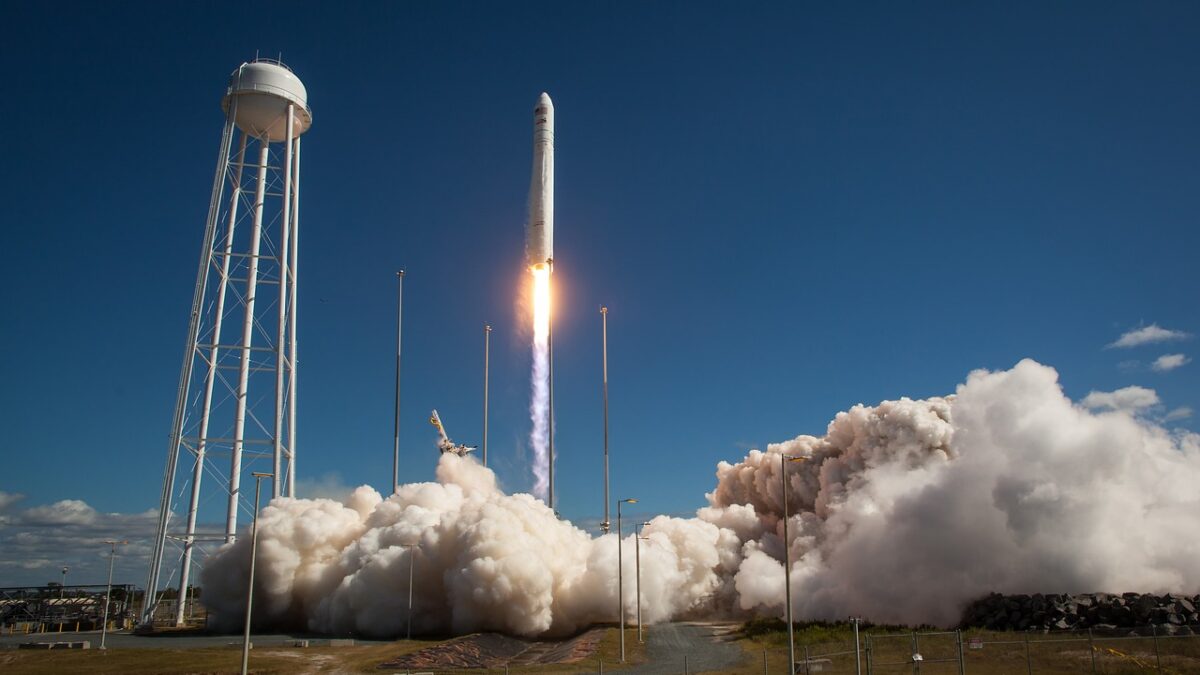
AI in Space Exploration-Paving the Way for Humanity’s Future
AI in Space Exploration: Paving the Way for Humanity’s Future
As humanity continues to explore the vast expanse of the cosmos, the role of Artificial Intelligence (AI) in space exploration has become increasingly significant. AI technology has the potential to revolutionize the way we navigate, study, and ultimately inhabit the vast unknowns of space. In this blog post, we will delve into the ways AI is being utilized in space exploration, the benefits it brings to the table, and its potential to shape the future of humanity’s journey into the unknown.
AI has already made its mark in space exploration, with numerous applications that have significantly improved the efficiency and effectiveness of missions. One of the most notable examples is the use of AI in navigation and guidance systems. These systems can process vast amounts of data in real-time, allowing spacecraft to make precise course corrections and avoid potential hazards. This not only increases the safety of astronauts but also reduces the amount of fuel needed for these corrections, making space travel more sustainable.
Another critical application of AI in space exploration is in the analysis of scientific data collected by spacecraft. With the vast amounts of data being collected from missions like NASA’s Mars rovers, Curiosity and Perseverance, AI algorithms are able to sift through the information and identify patterns and trends that humans might miss. This has led to groundbreaking discoveries, such as the identification of potential habitable environments on Mars, accelerating our understanding of the Red Planet and paving the way for future human exploration.
AI is also being used to optimize the design and operation of space infrastructure. For example, NASA’s Robotic Toolbox utilizes AI to assist in the planning and execution of tasks by its robotic systems. This has led to increased efficiency and reduced the time and effort required for astronauts to complete tasks, allowing them to focus on more complex and scientific objectives.
In addition to these direct applications, AI is also playing a crucial role in the development of future space exploration technologies. For instance, AI is being used to design more efficient and effective propulsion systems, enabling longer-duration missions and reducing the cost of space travel. Furthermore, AI is being used to develop advanced materials and structures that can withstand the harsh conditions of space, paving the way for the creation of human habitats on other celestial bodies.
The integration of AI technology into space exploration is paving the way for humanity’s future in the cosmos. From improving the safety and efficiency of missions to accelerating our understanding of the universe, AI is proving to be an invaluable tool in our quest to expand our horizons. As AI continues to advance and evolve, its potential to shape the future of space exploration is limitless, ushering in a new era of discovery and innovation.
